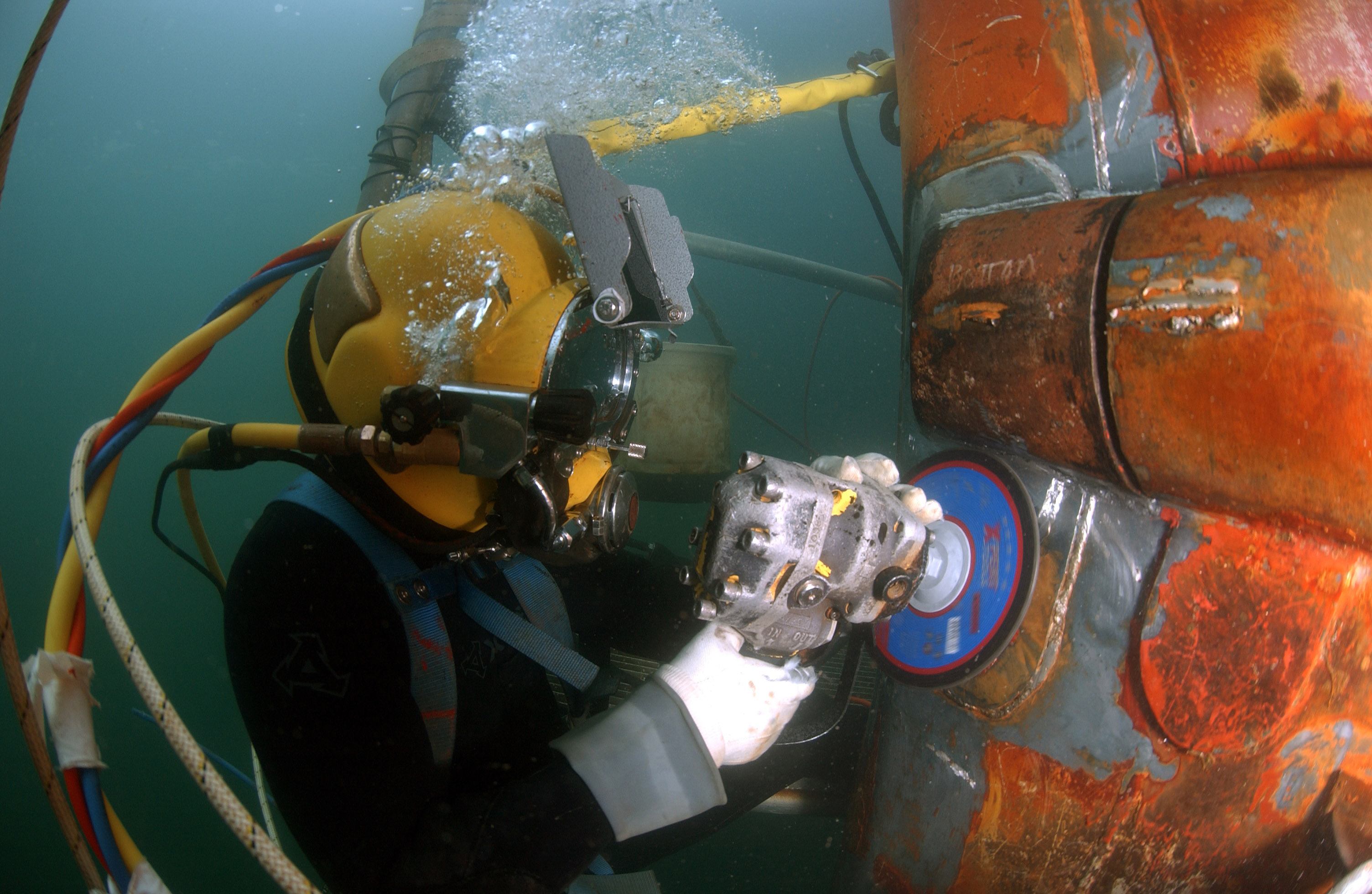

Commercial diving offers a unique blend of challenges and rewards. It requires a combination of technical expertise, peak physical condition, and a deep respect for safety protocols. Commercial diving contractors perform essential underwater tasks, from inspecting and fixing submerged structures to conducting underwater surveys and supporting offshore construction projects. Given the inherent dangers of working underwater, rigorous training and certification are absolutely necessary to guarantee the safety and competence of commercial diving contractors. This article will explore the comprehensive training and certification requirements for becoming a qualified commercial diving contractor.
Taking the Plunge: The First Steps in Commercial Diving:
The journey to becoming a commercial diving contractor starts with building a solid foundation in diving. Prospective commercial divers typically begin by obtaining recreational diving certifications from recognized organizations such as the Professional Association of Diving Instructors (PADI) or the National Association of Underwater Instructors (NAUI). These certifications equip them with the fundamental skills needed for safe diving and a basic understanding of underwater environments.
Once they have a recreational diving certification, aspiring commercial divers can enroll in a commercial diving school. These institutions offer specialized training programs designed to equip students with the knowledge and skills required for commercial diving operations. Courses typically cover a broad spectrum of topics, including diving physics and physiology, underwater welding, salvage operations, and the proper use of diving equipment.
The Importance of Regulatory Bodies in Commercial Diving:
Certification plays a critical role in the professional journey of commercial diving contractors. For instance, in the UK, the Health and Safety Executive (HSE) sets strict standards for commercial diving. Divers must complete an HSE-approved commercial diving course to become certified. Similar regulatory bodies exist around the world, such as the Association of Diving Contractors International (ADCI) in the United States, which establishes guidelines and certifies commercial divers.
To be eligible for certification, commercial diving contractors must meet specific criteria. This includes completing a recognized training program and passing written and practical examinations. These exams assess the diver’s ability to perform various underwater tasks safely and proficiently, ensuring they are well-prepared for the rigors of commercial diving.
Core Skills Developed in Commercial Diving Training:
Training for commercial diving contractors encompasses a wide range of skills and disciplines. Key areas of focus include:
Diving Techniques:
Commercial diving programs teach a variety of diving techniques, including surface-supplied diving, saturation diving, and mixed-gas diving. Each technique is suited for different depths and types of underwater work.
Equipment Mastery:
Divers must become proficient in using various types of diving equipment, such as helmets, dry suits, and underwater communication systems. Training includes equipment maintenance and troubleshooting to ensure divers can address equipment malfunctions underwater.
Underwater Construction and Welding:
Many commercial diving tasks involve underwater construction and welding. Training programs provide hands-on experience in these areas, teaching divers how to perform precise and long-lasting underwater welds and how to use underwater construction tools.
Hazardous Environment Training:
Given the potentially hazardous nature of underwater work, divers receive extensive training in identifying and mitigating risks. This includes training in handling hazardous materials, dealing with strong currents, and performing emergency procedures.
Advanced Training and Specialization Opportunities:
After completing basic commercial diving training, many divers choose to pursue advanced training and specializations. These additional certifications can enhance their skillset and increase their marketability in specialized areas of commercial diving. Some common specializations include:
Underwater Inspection:
Divers trained in underwater inspection use non-destructive testing (NDT) methods to assess the integrity of underwater structures, such as pipelines, bridges, and offshore platforms.
Saturation Diving:
Saturation diving allows divers to work at great depths for extended periods. This specialized training involves living in a pressurized environment and using a diving bell to travel to and from the work site.
Hyperbaric Welding:
This advanced welding technique is used for deep-water welding projects. Training includes learning to weld in hyperbaric conditions, which involve high-pressure environments.
Lifelong Learning and Recertification: A Continuing Commitment:
The field of commercial diving is constantly evolving, with ongoing advancements in technology and safety standards. As a result, ongoing education and recertification are essential for commercial diving contractors. Many certification bodies require divers to complete continuing education courses and periodic recertification to ensure their skills remain current.
Divers must also undergo regular medical examinations to confirm their fitness for diving. These examinations assess a diver’s physical health and ability to withstand the physiological stresses of working underwater.
Final Thoughts:
The path to becoming a qualified commercial diving contractor is demanding, requiring a high level of training, certification, and ongoing education. The comprehensive training programs and stringent certification requirements ensure that commercial divers are well-equipped to handle the unique challenges and inherent risks associated with underwater commercial diving operations. These highly skilled professionals play a crucial role in various underwater endeavors, from construction and maintenance to scientific exploration and salvage work. Their expertise is vital in ensuring the safety and success of these projects.
